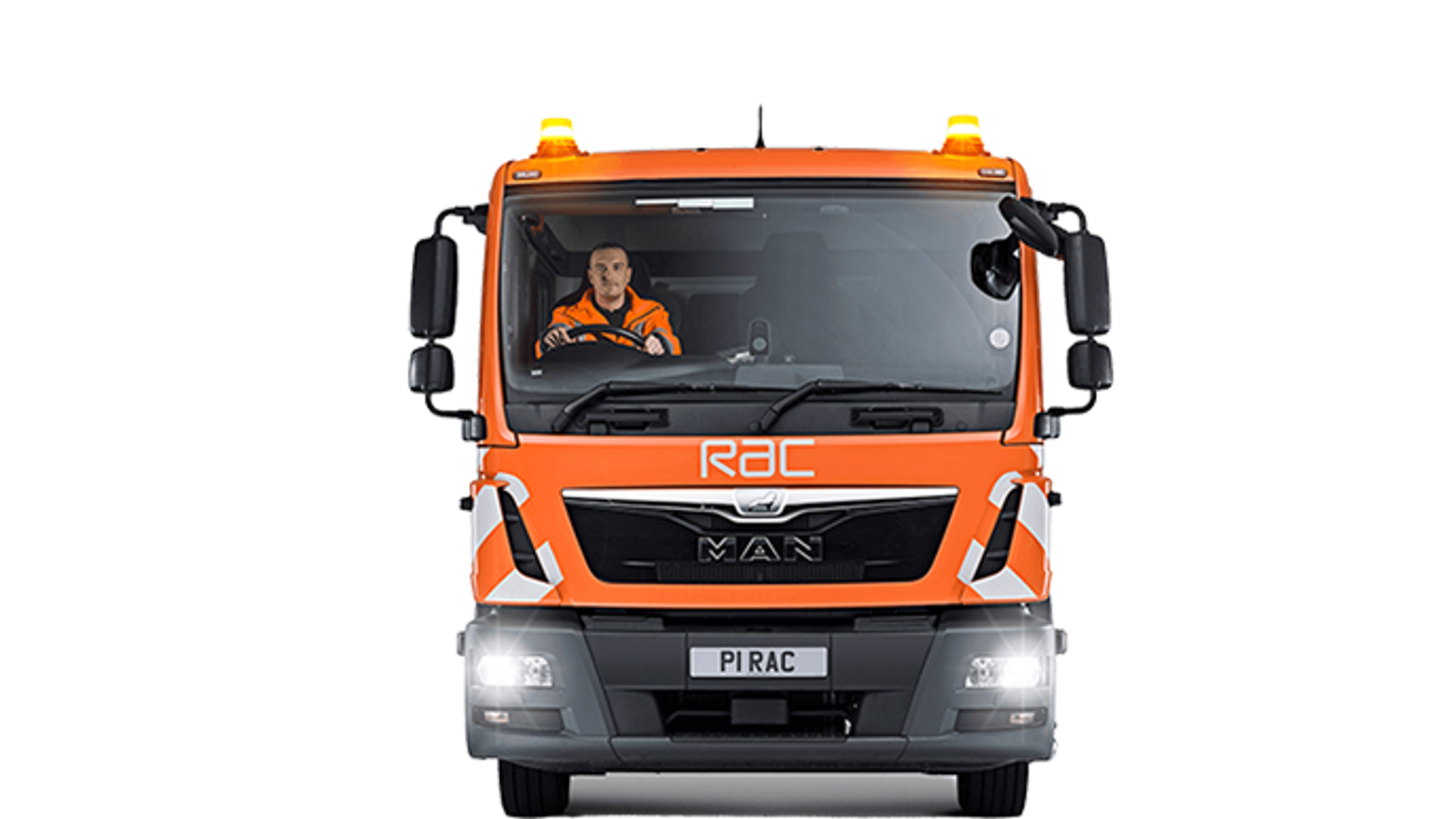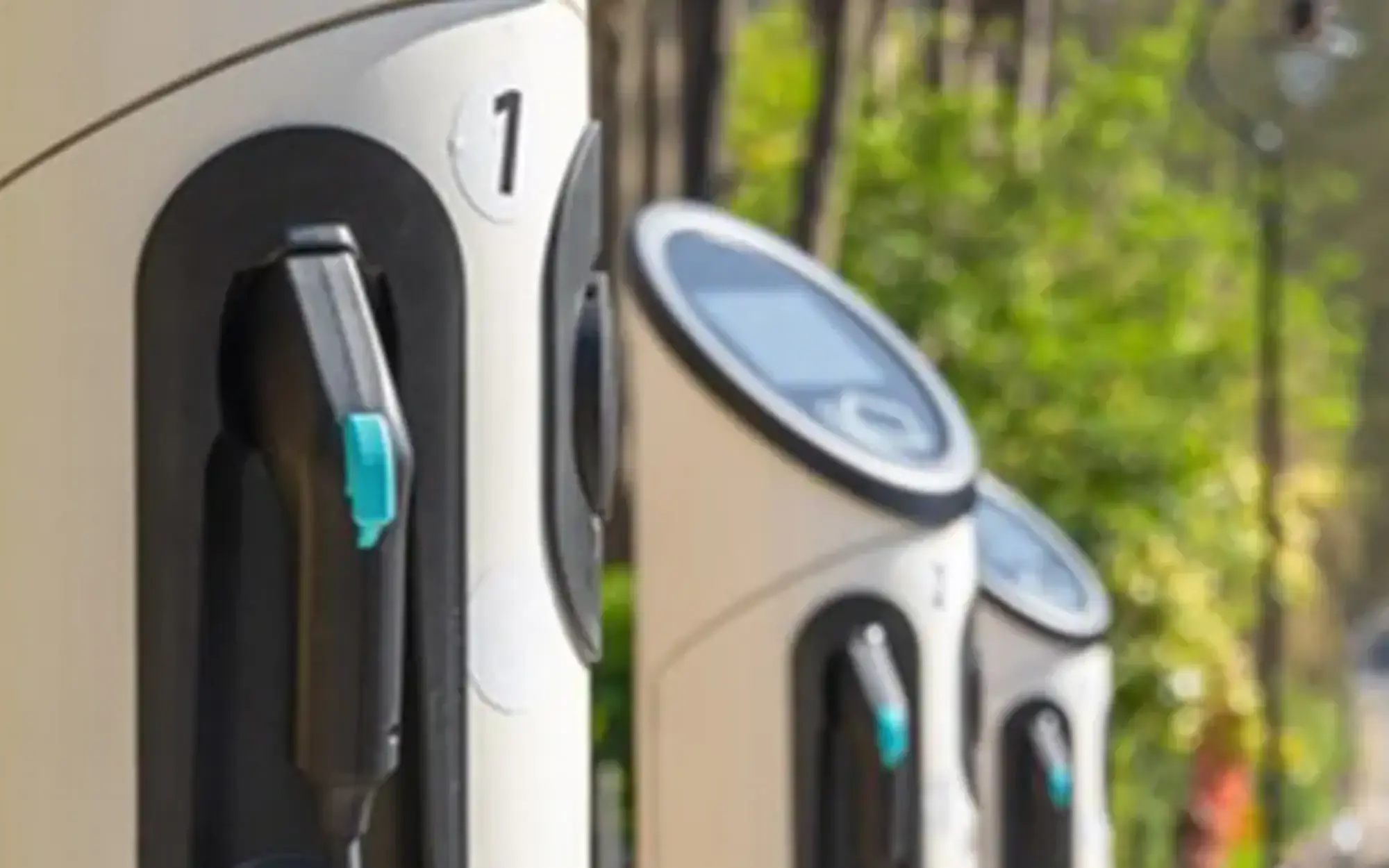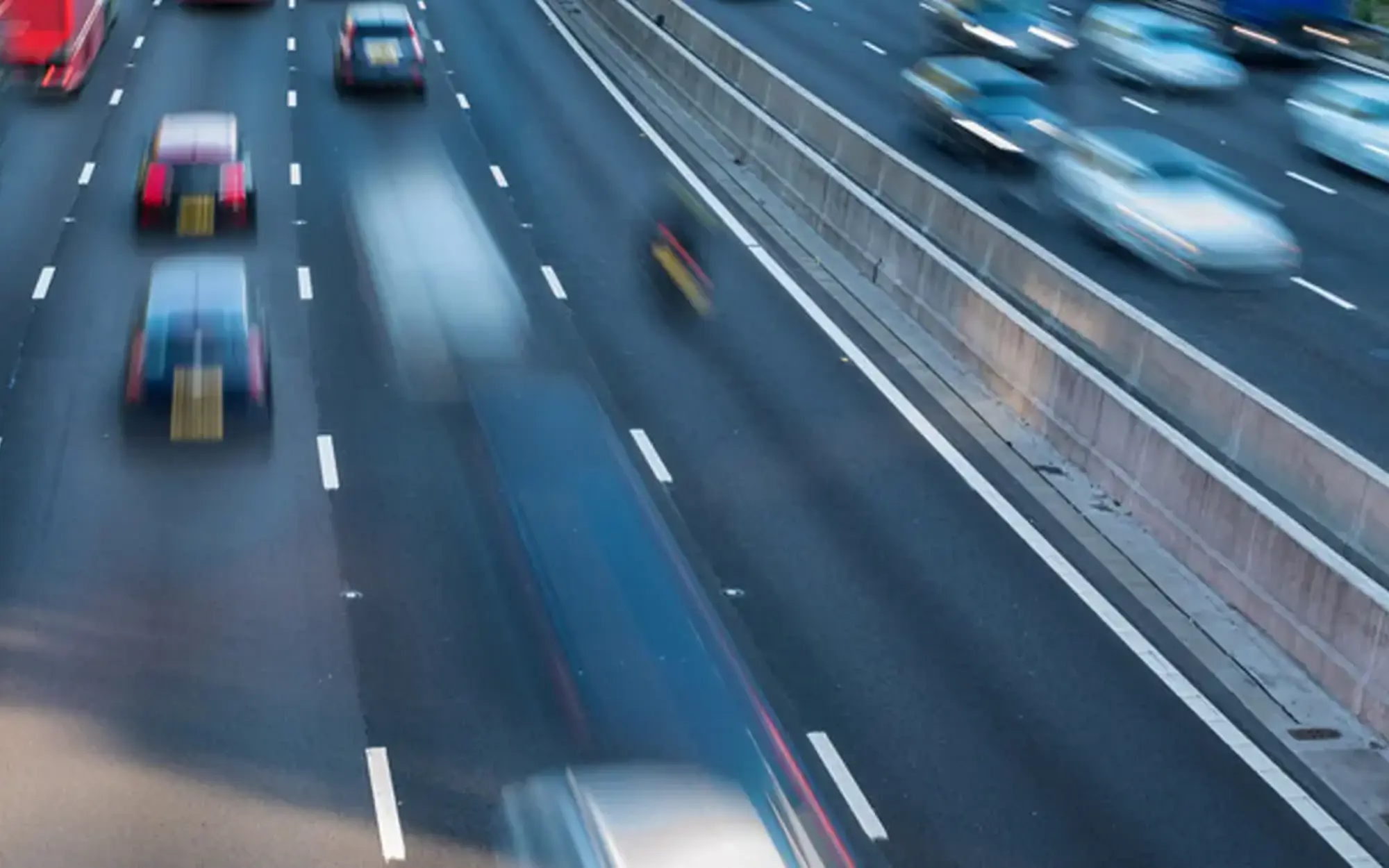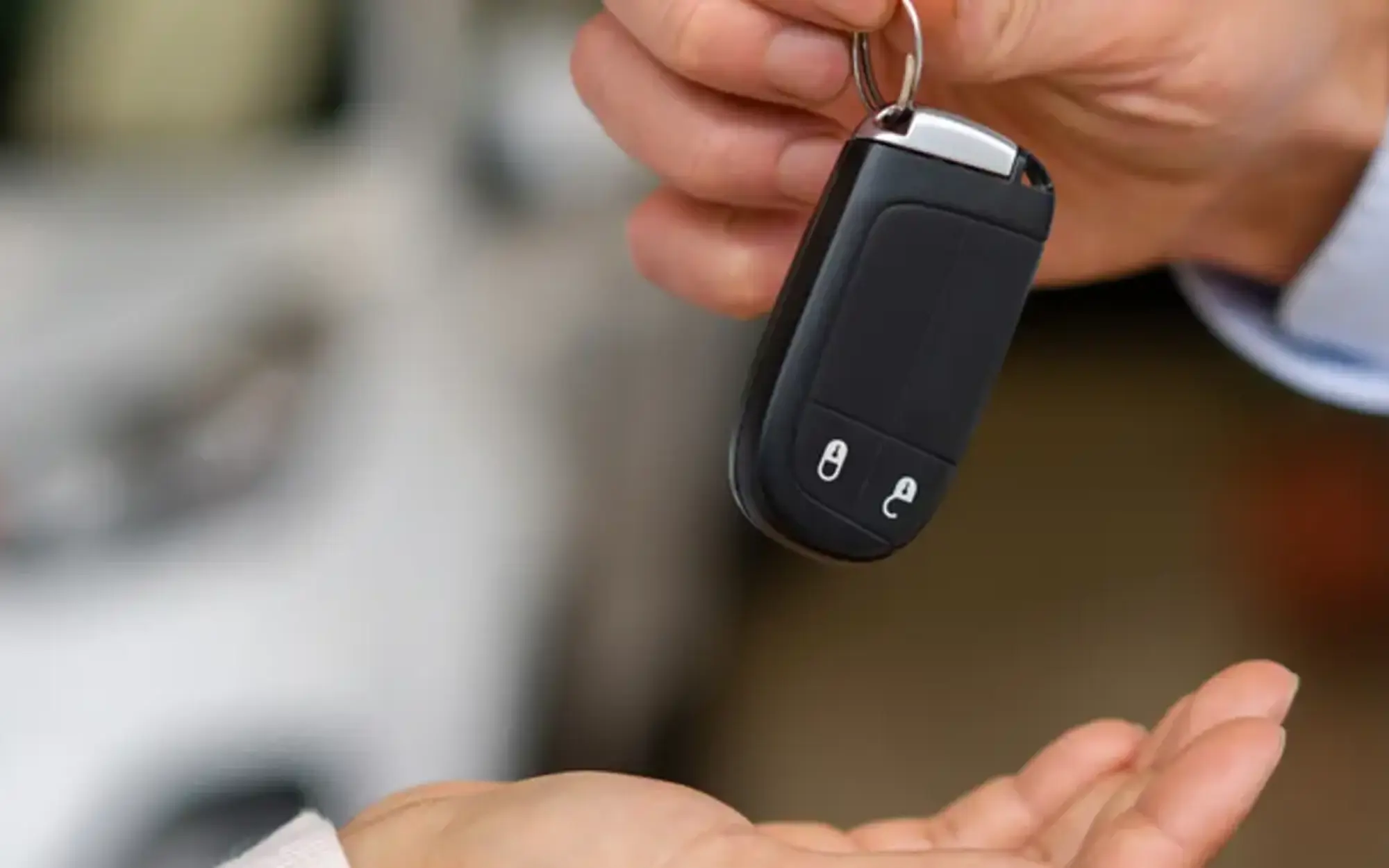
Mileage for business expenses
Learn how to be efficient with your business costs using mileage. For those who rely heavily on their fleet for their business.
Interested in business breakdown cover?
Content
-
What is the company car fuel benefit? Understand the tax implications of using employer-provided fuel for personal trips and learn how to calculate its cost.
-
Mileage for business expenses: Discover how to accurately calculate mileage costs for tax purposes, including HMRC’s Approved Mileage Allowance Payment (AMAP) rates.
-
How to claim and report mileage expenses: Learn how to document and claim mileage expenses, ensuring compliance with HMRC guidelines and optimising your business's financial health.
Mileage 2024: your guide to calculating and saving on business expenses
Calculating your business expenses accurately is vital for complying with tax regulations. Mileage can be a large business expense for your business if you rely on transportation. You could be a delivery service, travelling to your clients or moving between job sites. These miles can quickly add up. The key to getting it right is through documentation.
On the note of business expenses, services like RAC Business Breakdown Cover not only provide peace of mind on the road but also offer potential tax advantages. As well as being a deductible expense, RAC business grants you access to their free online fleet management portal.
Understanding mileage
In business, mileage means the amount of distance travelled for business-related activities. This could be visiting clients, transporting goods or going to meetings. The concept of the Approved Mileage Allowance Payment (AMAP) rate, as discussed in the previous article, plays a role here. AMAP is a standard rate set by the HMRC that businesses can use to calculate mileage costs for tax. It simplifies the process by offering a flat rate per mile, which stops the need for detailed record-keeping of all vehicle-related expenses. This rate is particularly beneficial for small businesses and sole traders, as it offers an easier method to account for vehicle costs and reduce taxable income.
Calculating mileage for business expenses
The calculation for cars and vans
For the first 10,000 miles, a flat rate is applied per mile of 45p, and a reduced rate applies beyond 10,000 miles of 25p. This is a simpler way to calculate your vehicle expenses without needing to do detailed records. You can more information on further advisory fuel rates for different vehicles here.
Real-life examples
Consider a scenario where a business owner drives 11,000 miles in a year for business. For the first 10,000 miles, a standard rate per mile is applied. For the remaining 1,000 miles, a reduced rate is used. The total claimable amount is the sum of these calculations.
For detailed information on mileage calculation for business expenses, including examples and specific rates, please refer to the HMRC guidelines.
Understand your travels better—calculate your mileage now with RAC
How to claim mileage as business expenses
To claim mileage as a business expense, you will need to keep some records. This includes the date of travel, the number of miles travelled, the purpose of the trip, and destinations. You need to make sure that this doesn't include any personal trips. Costs like commuting between home and work, and fines from while driving, are not eligible for claims.
For more details, please refer to the HMRC guidelines on claiming mileage as business expenses.
Found this useful? Join our Business Newsletter to stay in the loop.
How to report your Mileage Expenses to HMRC
When submitting your taxes at the end of the year. You can claim your mileage during the self-assessment you complete online.
Understanding and correctly claiming mileage as a business expense is important for your business's financial health. RAC Business Breakdown Covers also alongside offering reliable breakdown cover, can act as business expense.
BLACK FRIDAY SALE – up to 50% off business breakdown cover*
You know you're getting breakdown cover you can trust with us – we've been doing this since 1897! Our expert patrols get to you in 60 mins or less, and we fix 4/5 on the spot.

Featured Tax Articles
Our helpful advice and guides on everything tax-related to ensure you're tax-compliant.
Tax FAQs
We may be experts in breakdown cover, but we're also experts in all things related to business and your vehicles.
Self-employed individuals can claim various vehicle and travel expenses including vehicle insurance, repairs, fuel, parking, hire charges, vehicle license fees, breakdown cover, and fares for business travel. However, non-business driving or travel costs, fines, and travel between home and work are not claimable.
You can use a flat rate per mile for calculating vehicle expenses. This simplifies the process as you don’t need to account for the actual costs of buying and running your vehicle. We have a useful article that includes the rates for different vehicles which you can apply to the first 10,000 miles and a reduced rate beyond that.
Yes, you can claim capital allowances on cars used in your business. This means you can deduct a part of the vehicle's value from your profits before paying tax. The type of allowance you can claim depends on the car's CO2 emissions and the date of purchase.
RAC Business Breakdown Cover can be claimed as a tax-deductible expense, which can reduce your overall taxable income. This makes it a financially efficient option for sole traders seeking to optimize their tax positions.

Get in touch
Prefer to speak to one of our team? No problem, enquire below or give us a call on 0330 159 0975
Get a quote
Build your cover now to get a quote in minutes.




